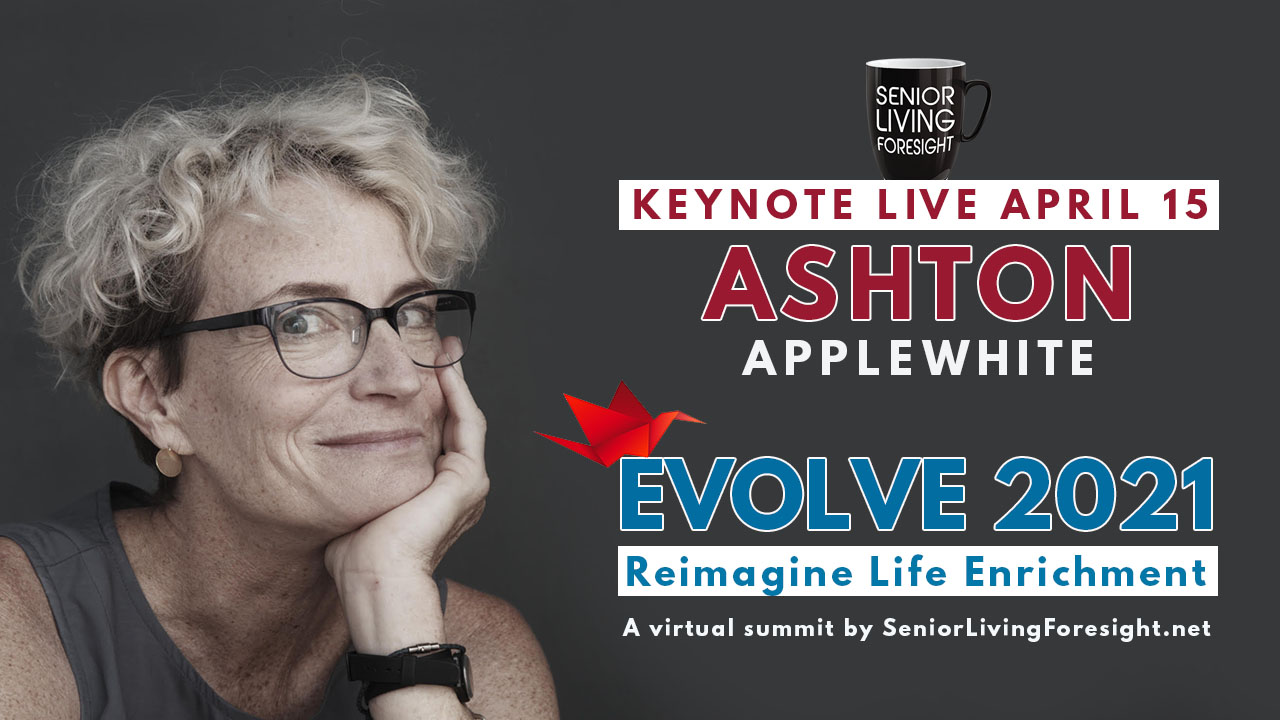By Lola Rain
Language Makes a Huge Difference
I took some advice I read on a career blog that said removing the word “just” from my language would improve my communications. For example, “I just need a few minutes of your time,” actually diminishes the urgency of the request. “It’s just a small ding,” tries to make light of the fact that I backed the car into a pole and now must pay just $1,000 to repair it.
Years ago, I eradicated “Always” and “Never” from my vernacular. Maybe it was a therapist, or a Ted Talk, who suggested those words open us up to the role of victim. “You always make me feel this way,” or, “I never get what I want.” Those two words are not in alignment if you practice mindfulness, or are trying to be an optimist. It was easier to give those two words up than it was to give up soda.
What words have you given up? What words do you wish you could give up?
Call Yourself an Old Geezer, But Don’t Call Me an Old Broad
Think about what you are really saying when you use self-deprecating language.
During a recent phone call with Activist and Author Ashton Applewhite, we talked a little about humor and politics, and a lot about language.
Ashton points out that old-age birthday cards are self-deprecating. Sure they are trying to be funny, but humor “is a classic defense mechanism used to deflect the conversation,” says Ashton.
Most people think they have a good sense of humor, like most people think they are good at driving a car, explained Ashton. But as soon as you call your oldest friend an old broad, watch out. Different people react in different ways when they are insulted or hurt. “Think about the overarching message. Does that joke come at the expense of disability?” asks Ashton.
It is not old age we fear. We fear what happens when we get old, such as incontinence, the onset of disabilities, and slowing down physically or mentally. You may have heard someone say, “I may be old, but at least I am not a cripple.” What does that say about people who live with a crippling disability?
Self-Deprecating is Not Okay
“My biggest fear was ending up drooling in an institutional hallway,” Ashton confessed. But then her doctor friend set her straight. She told Ashton her patients who drool are embarrassed by it. They wish they had control. They wish they didn’t have a disability.
Ashton was humbled. “I used to make senior jokes all the time.” She thought if it was self-deprecating it was okay. But she learned, “It’s not okay.”
Ashton was able to teach herself to remove the phrase, “That is so lame,” from her lexicon. She realized the translation of that statement means people who are lame are lesser, or deficient.
“It’s not okay to mock people with disabilities,” Ashton warns. “There is nothing funny about discrimination.”
“Still” is another word worth analyzing. I can still drive. I still have my own teeth. How is the loss of driving or chewing synonymous with getting old? Ashton emphasizes, “Age and incapacity are not the same.”
Ageism Goes Both Ways
During this conversation, I pointed out that we have a lot of older adults who are elected officials, and they are making decisions and policies that impact younger Americans.
Ashton asked, “Why do you assume the interests of younger people are different than the interests of older people?”
Touché!
Ashton answered, “Ageism is any judgment based on age.”
Older people pass judgment on younger people, just as the young pass judgment against the old. It goes both ways.
This reminds me of a story my millennial daughter once told me a few years ago. An older guy was reading a newspaper at a coffee shop. She was sitting nearby and overheard him say to his companion, “Those millennials, I bet they can’t name a single amendment from the Bill of Rights.”
You can be any age and lack knowledge, just like you can be any age and be full of wisdom.
Hear more of Ashton’s wisdom at the upcoming Evolve 2021 virtual conference in April. CLICK HERE to register.
Click here to read comments and join the conversation about this article.










